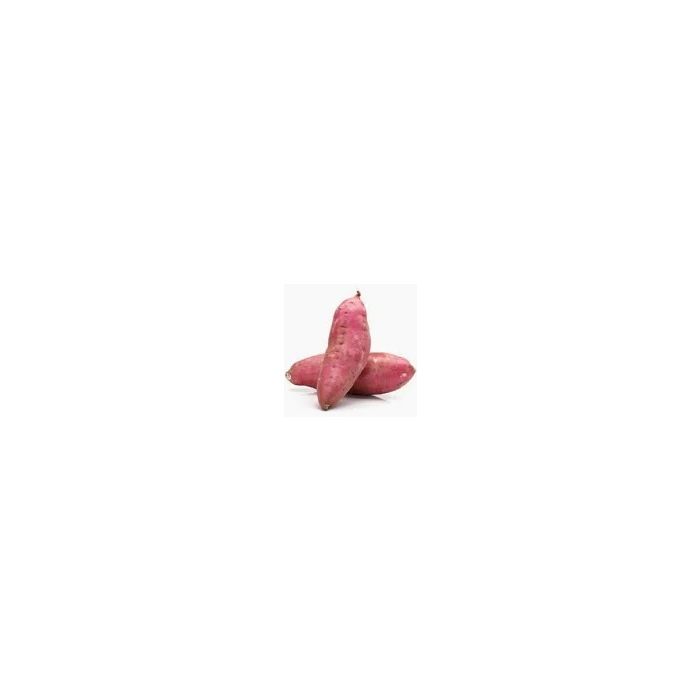The sweet potato is native to the tropical regions of South America in what is present-day Ecuador.[5][6] Of the approximately 50 genera and more than 1,000 species of Convolvulaceae, I. batatas is the only crop plant of major importance—some others are used locally (e.g., I. aquatica "kangkong" as a green vegetable), but many are poisonous. The genus Ipomoea that contains the sweet potato also includes several garden flowers called morning glories, but that term is not usually extended to I. batatas. Some cultivars of I. batatas are grown as ornamental plants under the name tuberous morning glory, and used in a horticultural context. Sweet potatoes can also be called yams in North America. When soft varieties were first grown commercially there, there was a need to differentiate between the two. Enslaved Africans had already been calling the 'soft' sweet potatoes 'yams' because they resembled the unrelated yams in Africa.[7] Thus, 'soft' sweet potatoes were referred to as 'yams' to distinguish them from the 'firm' varieties.
The sweet potato is native to the tropical regions of South America in what is present-day Ecuador.[5][6] Of the approximately 50 genera and more than 1,000 species of Convolvulaceae, I. batatas is the only crop plant of major importance—some others are used locally (e.g., I. aquatica "kangkong" as a green vegetable), but many are poisonous. The genus Ipomoea that contains the sweet potato also includes several garden flowers called morning glories, but that term is not usually extended to I. batatas. Some cultivars of I. batatas are grown as ornamental plants under the name tuberous morning glory, and used in a horticultural context. Sweet potatoes can also be called yams in North America. When soft varieties were first grown commercially there, there was a need to differentiate between the two. Enslaved Africans had already been calling the 'soft' sweet potatoes 'yams' because they resembled the unrelated yams in Africa.[7] Thus, 'soft' sweet potatoes were referred to as 'yams' to distinguish them from the 'firm' varieties.
 Grocery
Grocery  Meat & Sea Food
Meat & Sea Food  Foods
Foods  Baby Products
Baby Products  Fitness Equipment
Fitness Equipment Household Essencials
Household Essencials  Electronics
Electronics  Cosmetic
Cosmetic Flowers
Flowers Accessories
Accessories Other
Other Promotion
Promotion Stationary
Stationary Plastics and Disposables
Plastics and Disposables Contact us
Contact us

